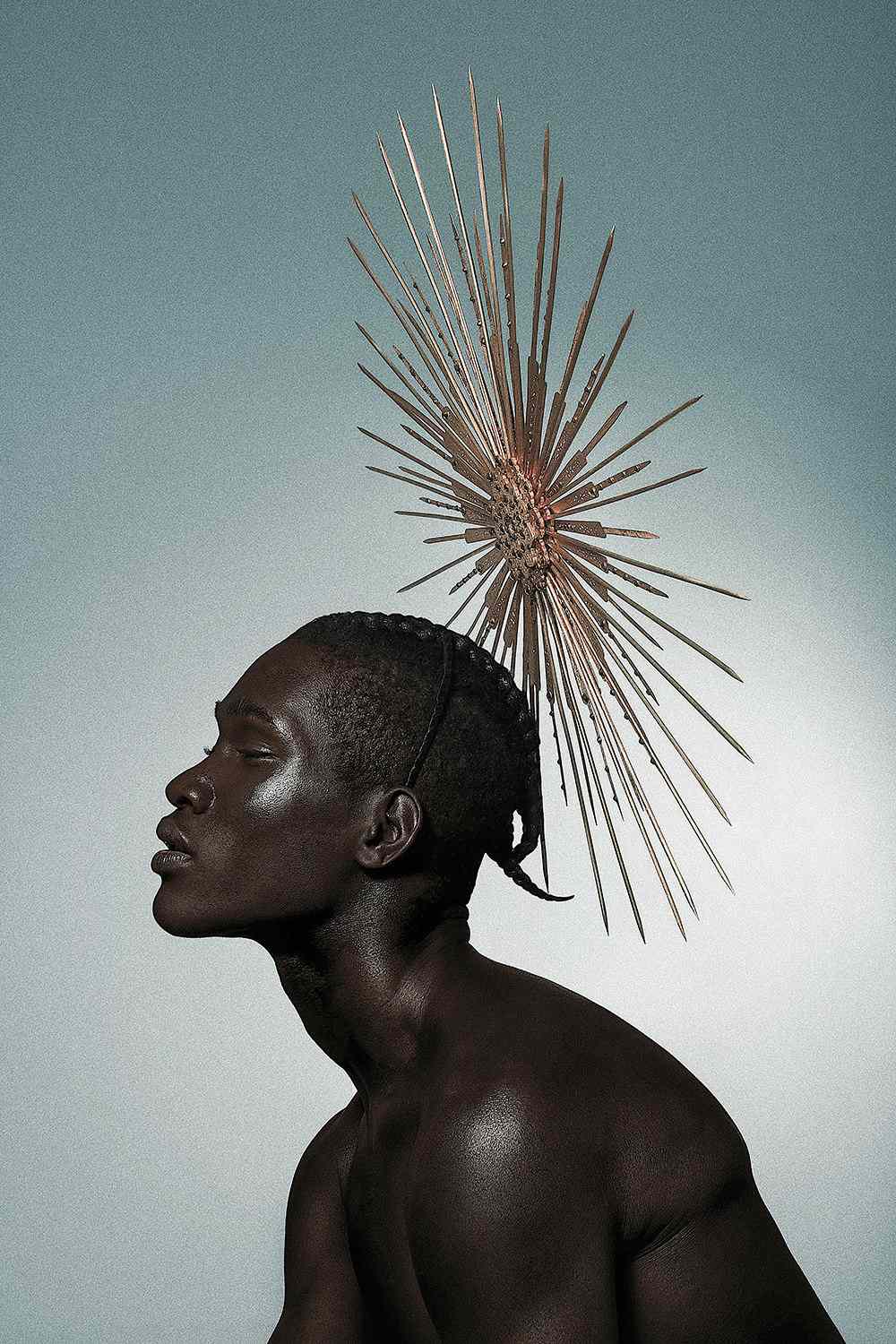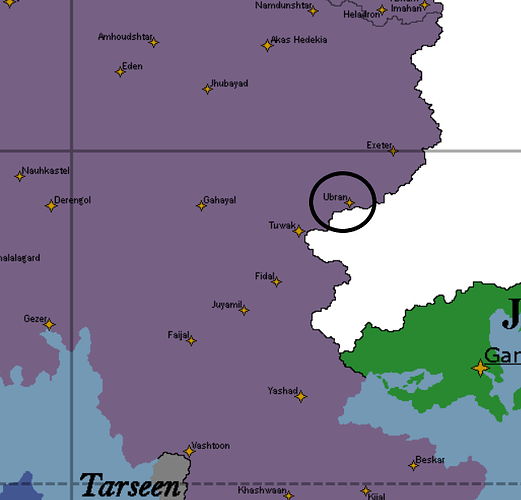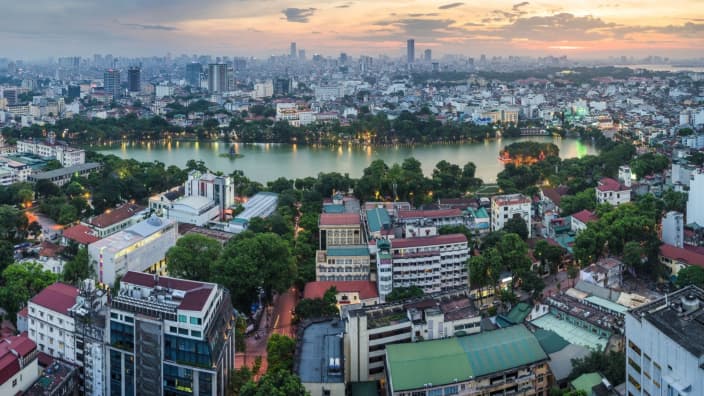
AURORANS DON’T DICTATE ALKARI OPINION
REBUTTAL TO “CAN THE UCA, AXDEL DEFEAT RODENIA?”
24 FEBRUARY 2022
[hr]
URGIA, ALKSEARIA - An article published by the ACPO recently came across my desk at the National Alkari University. I am not one to typically write rebuttal articles as I normally bring it up in my International Relations class or in my Public Relations classes. I normally have my students discuss articles, but this was an article I couldn’t help but feel disappointment and disgust at what I read. As a Professor of Graduate Studies in International Relations and a Professor of an undergrad and Graduate course is public Opinions, I would like to weigh in on the conversation of “Alksearian attitudes”[sic]
The author of the article, Karas Endal, brings up a conversation about whether the UCA and Axdel are in a position to militarily deal with Rodenia. I am not a military expert, and I am rusty on military history post-1985 so I will refrain from those points of discussion. What was, in my professional and personal opinion, an example of lazy reporting and reporters not doing research were the comments made about domestic issues.
The author does get right that it has only been a year since the Coalition War, almost 2 years in just 4 months. What the author doesn’t get right is public opinion regarding the Coalition War and potential wars. I will first discuss points about the Coalition War and then further explain potential attitudes. To begin, the Coalition War was not an offensive war; it was indeed a defensive war. The aggressor was Balistria. Their government delivered an ultimatum, and when it was rejected, declared war. In addition, they murdered the sitting regent of Alksearia, King Eldras VI (blessed be his name) on live TV for all to see.
In modern Alkari history and not since the AIW has there been quite the insult to another nation. Eldras - as he insisted on being called - was not an unpopular statesman. In fact, his approval ratings were one of the highest since the start of polling in the early 1910s. On average, during his reign from 1993 until his death in 2020, his approval rating sat at 84%. The lowest it ever dipped was during the 2001 Council of Lords controversy that his approval dipped down to 77%. His Father, Eldras V, by contrast was more divisive. Eldras V’s approval hovered around 62%. The major distinction between the two approval ratings is mainly Eldras VI’s age. He was only 17 when he inherited the throne from his father, and he was largely unhappy with the formality of his titles. On many occasions, it was known for Eldras to be referred to only as “Eldras” or as “Lord Eldras.” This had the effect of making him seem closer to his people. He was known for doing outreach work with various groups. He also oversaw the start of a new kingdom where had a parliament and brought aspects of democracy to our nation. Now, obviously, he is not without his faults and his failings, but even so, nothing he did was to the harm of the general people, and the general people - the public opinion - reflected that.
The Coalition War was seen as a necessary step after being dealt a devastating blow. His murder on national TV was nothing more than an insult the very core of Alksearia. Her people are now being guided by another young leader, Queen Dorothea. She had to take the reigns during one of the worst political crises of Alksearia since the Succession Crisis in the 1780s and 1790s. Eldras’s popularity helped the transition into his daughter taking over as she has affirmed the same principles as he did when Eldras first ascended.
The attitude of the public during that war was one of nationalism. There were people who felt no grater pride in their nation than defeating the one who killed their beloved leader and there were people who believed the only way to correct the wrong was to subjugate the Balistrians under Dorothea. The public never once looked at the war with disgust, but rather, they looked at the war with pride and with determinism.
Dorothea has affirmed our nation’s commitment to both our allies, especially to the UCA and to Tavaris. Dorothea was not a fan of the Puntalia agreement as the only concessions were on the UCA side, and Rodenia essentially got away with invading their ally. Any potential war against Rodenia would be seen by the general Alkari public as a necessary move rather than an imperialist action. And don’t just trust my word for it. The Political Science department at the University of Urgia-Nova, the most prestigious university in Alksearia (dare I say, in most of northern Arcturia), did a series of polls on attitudes towards Rodenia and potential war. When the Puntalian Crisis first happened, approval ratings for a potential war was nearly 45%. After the signing of the treaty, support hovered near 40%. However, with recent events, and the fact that the treaty has done nothing for the region, a series of polls were conducted during the last 3 months. The first saw a return to a 45% support for war, followed by a 53% support for war, and finally, a recent poll published on 31st March, showed a 58% approval for war.
While there has been turmoil on the domestic front pertaining to Balistria and the Coalition War, it is sufficient to say that support for war with Rodenia is present. It is not a warmongering tactic and it is certainly not grandstanding done by Dorothea. Rodenia is seen as a threat to an ally, and is illegally occupying one of our allies in the UCA. Dorothea, with the support of her people, wishes to see a unified Puntalia.
Finally, in more of a personal opinion than a professional one, I find the language of the ACPO to be quite dismissive of the severity of the situation regarding Rodenia. This is a brutalist dictatorship with whom Alksearia downgraded relations with in 2002 and then severed relations with in 2021 after the Compromise Treaty, and finally being downgraded to a Rogue Nation in early 2022. Rodenia does not affect the people of Aurora, but it most certainly does provide a threat to the stability of Arcturia. After all, the invasion of Puntalia was under false pretense and they have refused to even show the evidence for the invasion in the first place. It is without a doubt that we are afraid of the next move the Rodenians make as we have allies on three sides of Rodenia. Who’s next in the bloodlust of Rodenia?
I urge the ACPO to publish a corrective article, and especially addressing the misleading points they made about UCA capabilities and the misguided lens that Alksearia would be unhappy assisting a treaty ally.
The opinions expressed in this article are those of the author and not the ACPO.
[hr]

Dr Lucas Alarie, Ph.D, MA
Graduate Professor of Internal Relations specializing in Alkari relations with the UCA and with Norgsveldet and Tavaris and also is the Undergraduate third Chair of Political Science department the University of Urgia
OOC: Written by Shadow
















